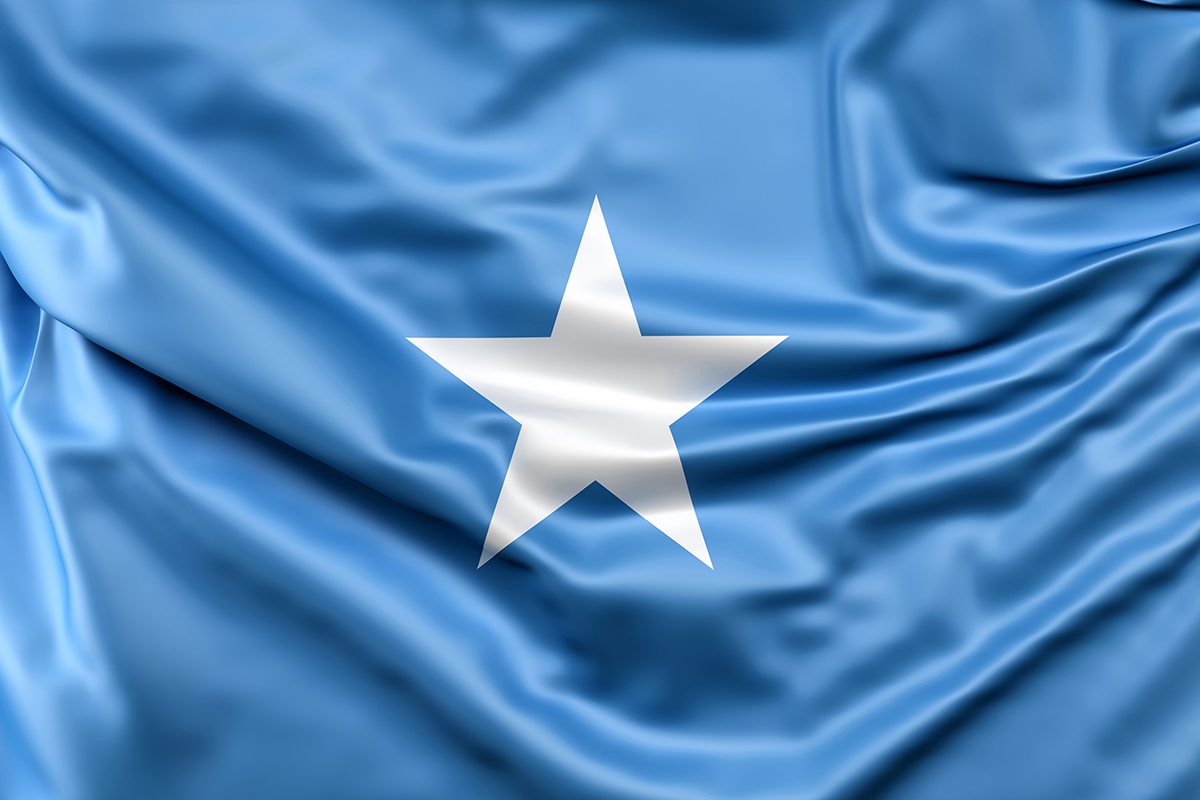In a significant development in the Horn of Africa, Somalia’s President Hassan Sheikh Mohamud has firmly rejected a land deal between Ethiopia and the breakaway region of Somaliland. This agreement, which grants Ethiopia access to Somaliland’s coastline, has stirred political and diplomatic tensions, with President Mohamud asserting that it undermines Somalia’s sovereignty.
The contentious deal was signed between Ethiopian Prime Minister Abiy Ahmed and Somaliland President Muse Bihi Abdi. It entails Ethiopia leasing a 12.4-mile stretch of Somaliland’s coastline to establish a marine force base, which Mohamud equates to a “compromise” of Somalia’s sovereignty. “We will not stand idly by and watch our sovereignty being compromised,” President Mohamud stated in a bold declaration during a joint session of Somalia’s federal parliament.
Somaliland, which declared independence from Somalia in 1991 amidst a collapse into warlord-led conflict, remains internationally unrecognized despite maintaining its government. President Muse Bihi Abdi added fuel to the fire by stating that the agreement with Ethiopia includes a clause for Ethiopia’s future recognition of Somaliland as an independent nation.
President Mohamud, highlighting the historical ties and the need for peaceful coexistence with Ethiopia, expressed grave concerns over the potential rise of extremism. He referred to the 2006 Ethiopian incursion into Somalia, which inadvertently led to the emergence of the extremist group al-Shabab. Mohamud emphasized the importance of avoiding actions that could provide a breeding ground for such groups.
Adding a different perspective, Al-Shabab spokesman Sheik Ali Dhere called upon Somalis to unite against external threats, a sentiment carried by the group’s radio arm, Andalus. Meanwhile, Ethiopia, with a population of over 120 million and landlocked, views the agreement as a strategic move to enhance its security, economic, and political partnership with Somaliland.
Experts like Matt Bryden of Sahan Research, a Nairobi-based think tank, believe the agreement may take time to impact regional stability. Bryden notes that Somalia might resort to juridical sovereignty measures to isolate Somaliland, including restrictions on aid agencies and international flights and discouraging foreign commercial interests.
However, Bryden warns of potential long-term escalations in political and diplomatic tensions, especially with neighbouring countries like Djibouti and Eritrea.
The disagreement over the Ethiopia-Somaliland deal highlights the intricate geopolitical dynamics of the Horn of Africa. While the short-term implications might be contained, the long-term ramifications remain uncertain, particularly regarding regional stability and the fight against extremism. As Somalia grapples with internal challenges and regional relations, unfolding these events will be crucial in shaping the region’s future.







